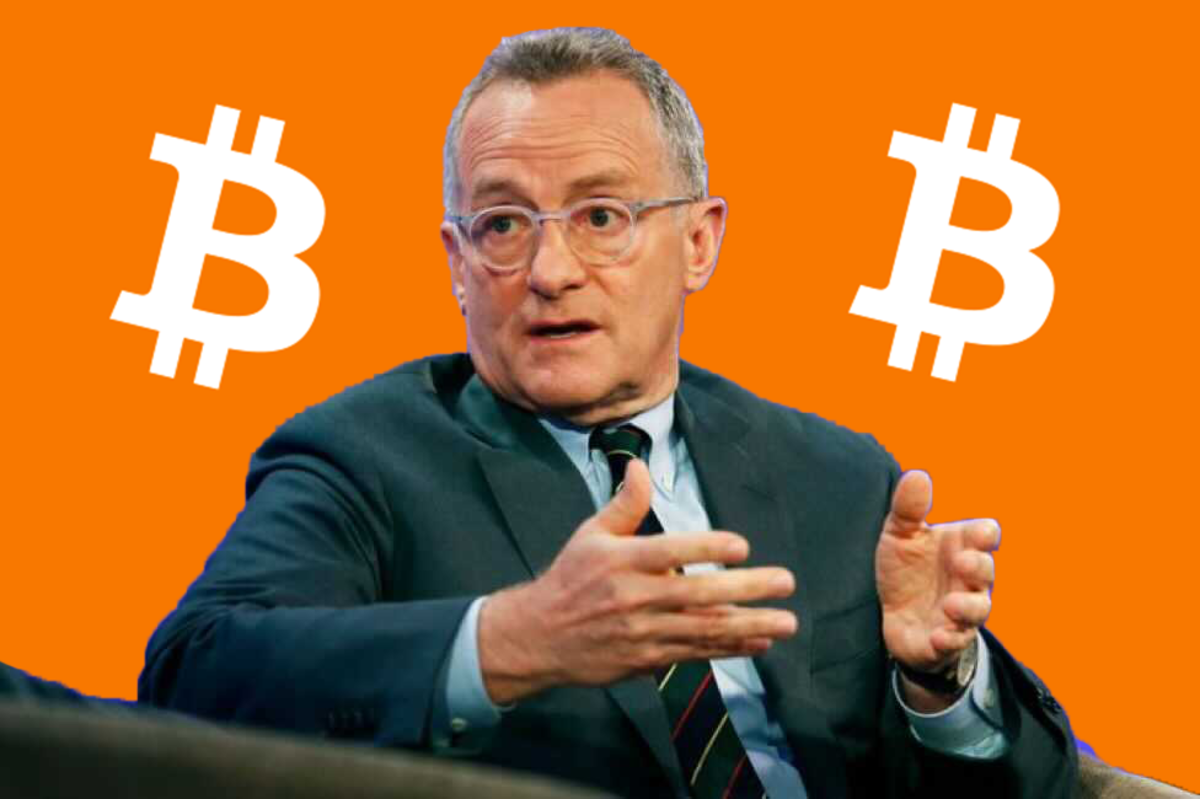
In a recent episode of the “We Study Billionaires” podcast, Oaktree’s Howard Marks shared his thoughts on Bitcoin, which have drastically changed since he was outspokenly negative about it in 2017. The billionaire investor said that he can now understand many arguments in favor of Bitcoin, including its similarities and advantages compared to gold.
“There’s a big argument that [bitcoin is] digital gold, that it has some of the qualities of gold in the sense of being inflation-resistant, and maybe crisis-resistant. But relative to gold, it has advantages,” Marks said. “You don’t have to pay to store it, it’s not challenging to send it someplace or move it around, and you can spend it — which you can’t do with gold.”
Marks said that in 2017 when he said Bitcoin had no intrinsic value, he wasn’t aware of the many arguments in favor of it. Besides the gold comparison, during the episode, he mentioned Bitcoin’s staying power, limited supply, and empowerment brought to the unbanked.
To have prominent investors like Howard Marks already see Bitcoin embodying the store of value property of money after only a little over ten years since its creation is quite significant. At the bare minimum, it means the currency is progressing through its monetization path as expected and becoming recognized as superior to gold — historically the most sought-after good to store value.
In the podcast, Marks goes as far as to recognize that Bitcoin is already being used as a medium of exchange in some places. Usually, only after a monetary good has become widely accepted as a store of value does it have the power to progress and become a medium for transacting value.
According to Marks, “people who live in places where you can’t get to a bank, where you don’t trust the government, where you don’t trust the currency” are among those who might seek bitcoin for storing and transferring money.
The chairman and co-founder of Oaktree Capital Management also highlighted the importance of Bitcoin’s limited supply of 21 million coins, which enables price appreciation to continue for as long as demand can grow.
“What I missed in 2017, looking for intrinsic value and cash flow production, [was] the supply-demand case,” Marks noted. “The supply-demand case is that the software limits the issuance of bitcoin…whereas the demand can grow for a long time.”
Even though Marks acknowledged to understand many of the arguments in favor of Bitcoin, he said now he is more cautious when sharing his thoughts — a tactic he didn’t quite employ in 2017.
“I came out very strongly against bitcoin in 2017,” Marks said. “I was extremely negative, I was extremely outspoken. I had a knee-jerk reaction to something new. Now I prefer to say I don’t know enough about it to have a strong opinion.”
Marks began understanding more about Bitcoin during the pandemic when he spent a lot of time with his son, Andrew, who “is on the other side.” The billionaire investor said he owns bitcoin through Andrew, who manages money for their family. In either case, Marks is set to keep learning about and paying attention to Bitcoin in the coming years since he believes the longer it survives, the more it proves itself and its value proposition.
“We are probably not finished learning all there is to learn about Bitcoin, and we’ll see in the future whether it turns out to be a legit asset class and hold value. But as the years go by, it gets harder to say there’s nothing to it,” Oaktree’s chairman said. “Bitcoin has been around now for a dozen years. So, if it’s a flash in the pan, it’s an awfully long pan. Maybe it’s something there.”


Comments (No)